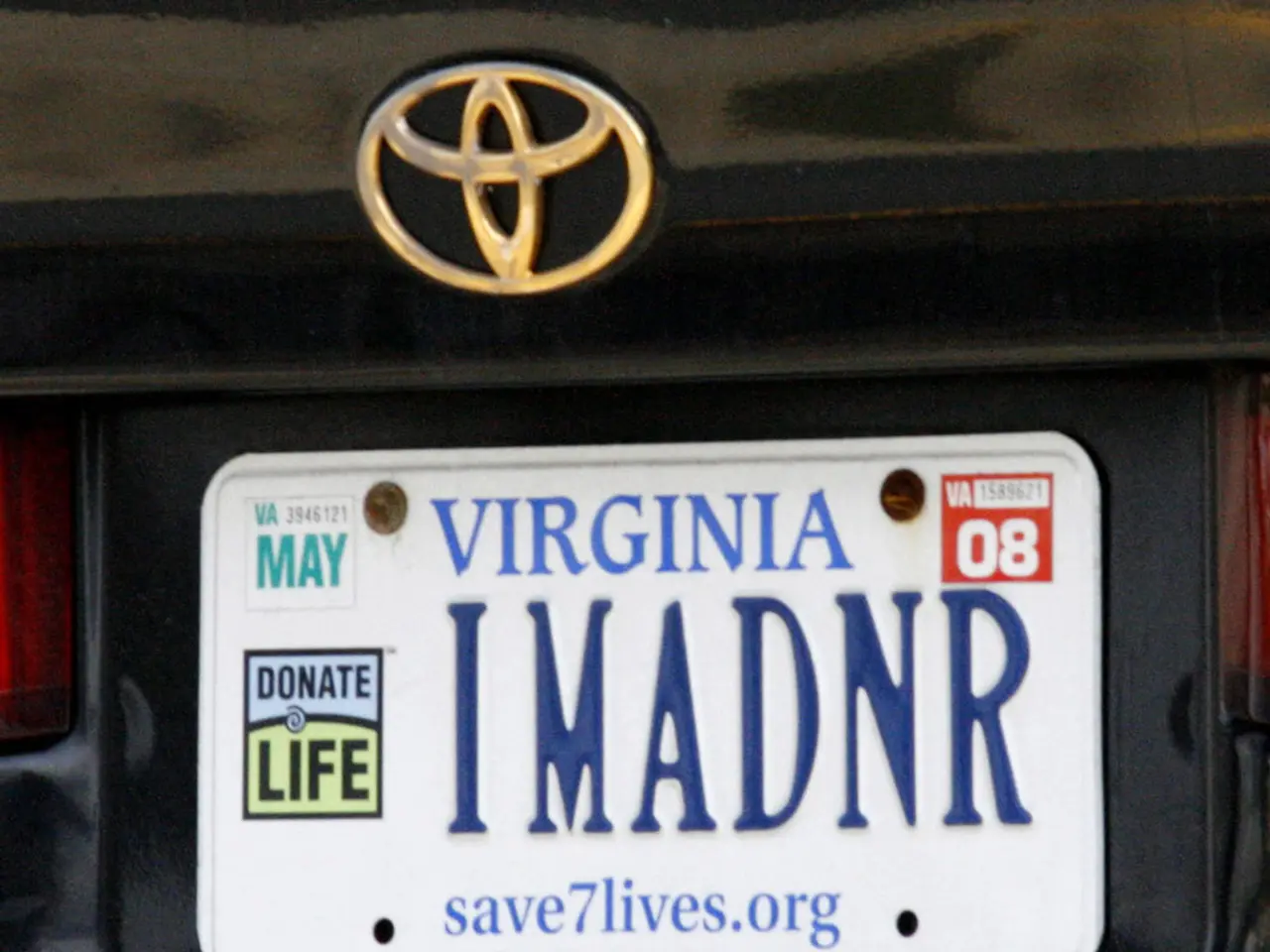Projected Average Car Prices in the Netherlands by 2025 Reach €50,000
In the Netherlands, the cost of new cars is on the rise, with an average price expected to reach around €50,000 in 2025, a significant increase from €38,500 five years ago. Frits Van Bruggen, chairman of the RAI Association, has made a statement regarding this trend.
The rise in prices is attributed to several factors. Modern cars come equipped with advanced technology and features such as multiple cameras, internet connectivity, and heated seats, which increase production costs. High taxes, notably the VAT and the private motor vehicle and motorcycle tax (BPM), also contribute to the price.
Another factor is the shift towards electric and hybrid vehicles. These vehicles, while environmentally friendly, are considerably pricier, with electric cars averaging €50,019 and hybrids up to €71,559. European manufacturers tend to prioritize premium electric models, keeping prices high, while competitors from Asia offer more affordable EVs, increasing pressure but not yet lowering average prices in Europe.
Despite rising incomes, the average car price surpasses the average income, making new cars less affordable and shifting demand towards used cars and leasing options. The RAI Association suggests a new mileage-based system, such as an environmental price per kilometre, to make the purchase of new cars more feasible for the average citizen.
The attractiveness of used cars could be due to their durability in today's age. Used cars up to eight years old could still provide another 10 years of usage. Privately leasing cars has become popular, with 35% of all new cars purchased being leased privately.
The increase in car prices has fueled concerns that they are becoming increasingly too steep for the average resident. The RAI Association advocates for the government to reduce the BPM tax for consumers to make new car purchases more affordable.
In summary, the rising prices of cars in the Netherlands are due to technological advancement, heavy taxation, the increasing share of electric/hybrid vehicles, and market focus on premium models—conditions that strain affordability for many consumers. Until taxes ease up on new vehicles, residents of the Netherlands may have better luck getting a used car or opting for public transport.
The rise in car prices, driven by factors such as advanced technology, high taxes, and the shift towards electric/hybrid vehicles, has led to concerns about affordability for the average resident. To make new car purchases more feasible, the RAI Association proposes a mileage-based system to lower costs, while the attractiveness of used cars and leasing options continues to rise due to their apparent affordability and durability compared to new cars.




